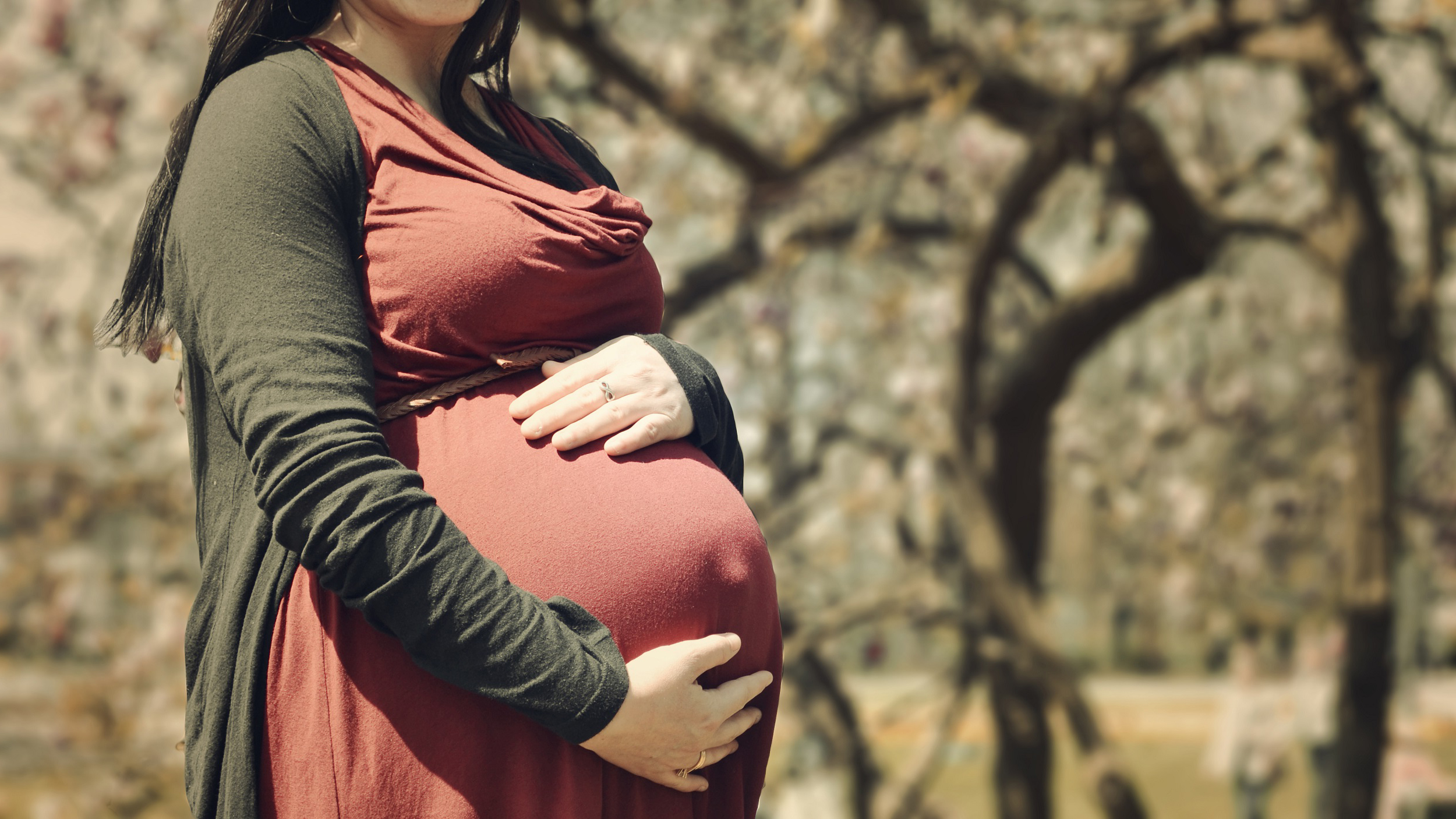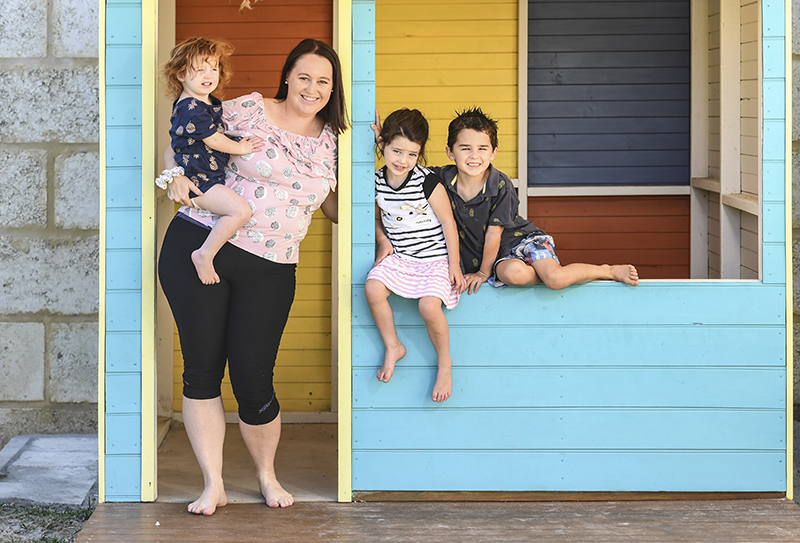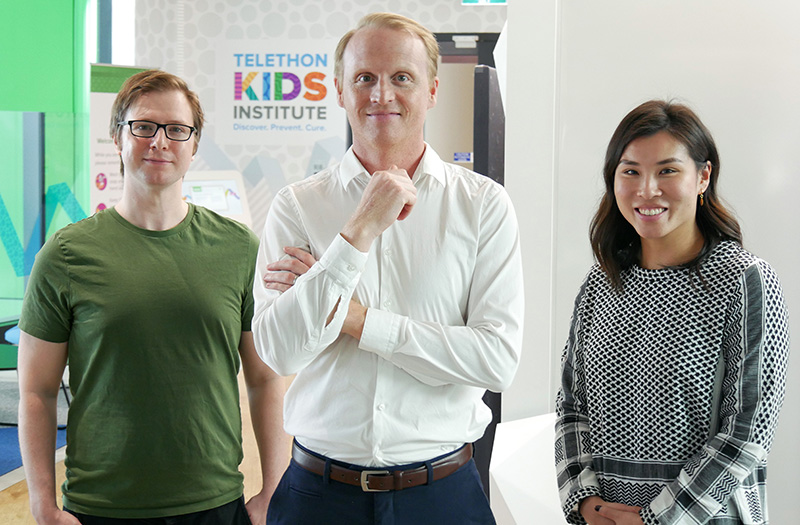Search

News & Events
The Kids data expert joins life-changing Raine StudyCongratulations to Associate Professor Rebecca Glauert, Head of the Developmental Pathways and Social Policy Team at The Kids Research Institute Australia and an internationally recognised expert in data linkage.

News & Events
Bushfires: Tips to protect family from smoke exposurePerth’s north-east is under threat from an out-of-control bushfire.

News & Events
Heatwave health: How to protect your family during extreme heatWith Perth and WA’s south-west in the grip of several days of extreme heat, The Kids Research Institute Australia experts share their top tips on keeping your children safe in the hot weather.

News & Events
Alcohol industry lobbying puts babies at riskThe Kids Research Institute Australia researchers have urged Australia’s Food Safety Ministers to hold their nerve and resist alcohol industry efforts to water down health labels that will protect Australian babies from the lifelong effects of Fetal Alcohol Spectrum Disorder (FASD).

News & Events
Assessing COVID-19 Across Western Australian SchoolsWestern Australia has been highly successful at containing community spread of COVID-19 to date.

News & Events
It’s not just physical illness that will have an impact: A ground-breaking study is investigating the effect of COVID-19 on community wellbeingIn an Australian-first study, researchers at The Kids Research Institute Australia are investigating the effects of COVID-19 on the wellbeing of more than 2,000 families in the northern suburbs of Perth, measuring their perceived stress, financial hardship and family functioning during the pandemic.

News & Events
Nutrition and COVID-19Nutrition is important during the COVID-19 pandemic because it can provide both physical and mental health benefits.

News & Events
Healthy lunch ideas for kids during COVID-19All parents are familiar with the nightly battle to get the kids to eat their vegies, but did you know primary-school aged children get over one third of their energy intake from the food they consume during school hours

News & Events
Worried about your child getting coronavirus? Here’s what you need to knowComparatively few children have tested positive for coronavirus (COVID-19). Here’s what we know so far about how children are affected.

News & Events
$12 million grant puts WA research team in the hot seat to help wipe out malaria foreverA world-leading research team built to tackle malaria has relocated from Oxford University to Western Australia to take advantage of the state’s growing big data talent pool.
